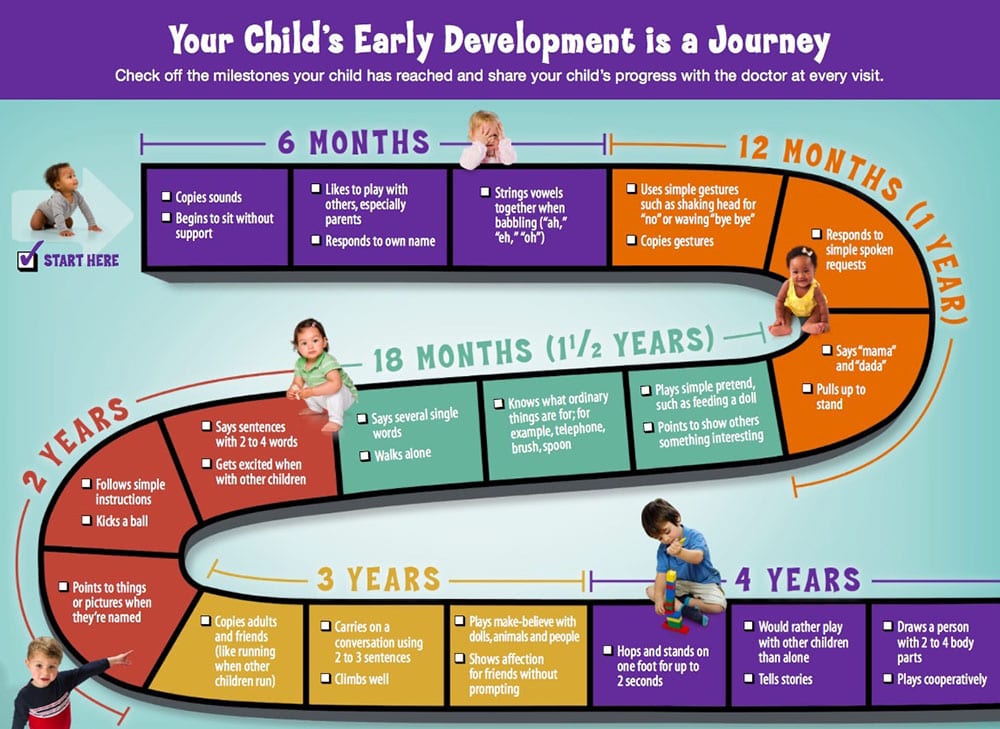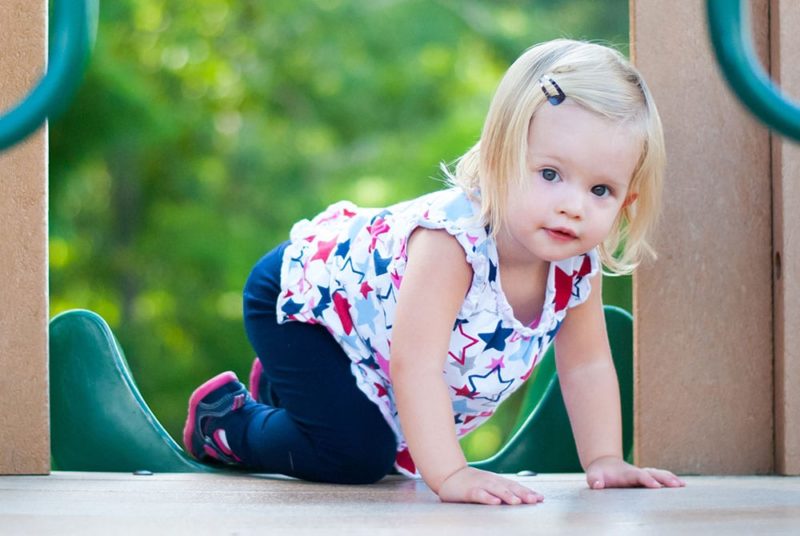We’ve unpacked the foundations of child development and share our tips for how you can manage and assist your child’s development.
“What age should my child start crawling at?”
“Should they be learning to walk by now?”
“How many words should they be able to say at this age?”
“If they’re finding it hard to write their name should I be worried?”
As Occupational Therapists who work with children, we often receive questions like these from parents and caregivers wondering if their child’s development is on track.
Of course, as parents you want your child to grow up in an environment that will allow them to have fun being a kid, but also so they can be the best adults they can later in life. The first six years of a child’s life are critical for their development, as it is the most intensive period of sensory, motor, cognitive and emotional development. We hope this blog post will help you understand what child development is and why it’s important to keep an accurate records of milestones for your child.
So what exactly is child development?
Child development refers to the course of physical, cognitive, and emotional changes that occur in a child from birth to the beginning of adulthood. Child development is primarily guided by genetics and events during prenatal life. It is also influenced by environmental factors and the child’s learning capacity. Sometimes these influences can impact on a child’s development in a way that may delay a child’s development in a particular area, for example, genetic abnormalities can influence language development such as in the case of Down Syndrome.
Why is child development important?
There is increasing evidence suggesting that the developing brain is best able to absorb and learn new skills during ‘critical periods or milestones’ for development in infants and young children. Learning may be more difficult, and less efficient, if these milestones are allowed to pass without early exposure.
Observing and monitoring child development is an important tool to ensure that children meet their ‘developmental milestones’.
It is important to remember that children vary in their development of motor skills, for example, some kids might begin walking at 9 months whereas others may not learn the skills to do so until 15 months; one child may begin stringing words together at 15 months , while others may do so until 2.5 years. However, there is a natural progression or timeline that acts as a useful guideline of ideal development. By checking your child’s developmental progress at particular age markers against these time frames, it allows a ‘check-in’ to determine that the child is roughly ‘on-track’ for their age. If not, checking developmental milestones can be useful in the early detection of any concerns about a child’s development.
What happens when there are problems with child development?
Problems in child development can arise due a variety of influences including genetics, prenatal circumstances, the presence of a specific diagnosis or medical factors, and/or the lack of opportunity or exposure to helpful stimuli (e.g. being read to by an adult, being exposed to a variety of toys, playing with other children, and hearing different types of music).
There are certain assessments that are administered by health professionals. Initially, these will be your Baby Nurse or your GP. They then may refer you onto a Paediatrician or Allied Health professional. Such professionals can include Occupational Therapists who will focus on fine and gross motor skills, sensory, and self care; Speech Pathologists who will primarily look at your child’s articulation and language development, Psychologists for social/emotional factors, and/or Physiotherapists who can check motor and physiological development. These health professionals can help to provide clarity about the developmental area of concern and the extent, as well as being able to formulate a plan to overcome the challenge(s).
What should I be ‘checking’ for throughout my child’s development?
There are charts used by health professionals who interpret and use these as a guide to track the progress of a child’s development. Most charts are broken up into the different areas of development, which makes things easier to look out for. Below is an example of a developmental chart an Occupational Therapist or other kids’ healthcare specialist may use.

Just remember, that every child is unique, and there is a wide range of what is considered ‘normal’ within child development. It is important, however, to make sure you take your child for their required check-ups at your local Early Childhood Health Centre, with your GP or Paediatrician. These check ups are carried out to check that your child is on track and so that they can refer you onto a specialist if they have any concerns about your child’s development.
If you have any concerns about your child’s development or want to understand what’s considered ‘normal’ for their age, you can call or email us or talk to your child’s Occupational Therapist.



